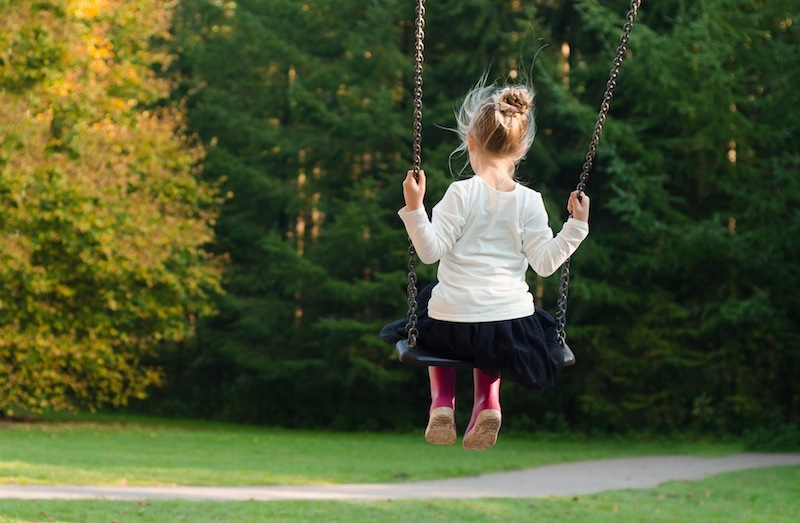
A new study has found that children who spend time in foster care are at a significantly greater risk of psychological and physical health problems which range from asthma, obesity, and developmental delays to depression, learning disabilities, and behavioral problems.
The study was carried out by sociologists at University of California, Irvine, and published in journal Pediatrics.
The research used data from the 2011-12 National Survey of Children's Health to compare mental and physical health of foster children with other children with permanent homes.
Over 900,000 kids' data was examined in the survey, out of whom 1.3 percent were identified as foster care children.
"This is typically a difficult-to-reach population, so having access to descriptive statistics on their living arrangements, physical well-being and behavior provided an excellent opportunity to help identify the health challenges they face," said Kristin Turney, UCI associate professor of sociology, who co-authored the study.
Turney added that the team of researchers wanted to more fully understand how foster care affected children's well-being.
Foster kids were five times more prone to anxiety, seven times more vulnerable to depression, and three times more likely to hearing impairments, vision issues, and attention deficit disorder.
The tendency to suffer from developmental delays, learning disabilities, asthma, and obesity was twice as high among the foster children as compared to others who had been adopted from foster care, those living with relatives, single mother, or even those living in economically disadvantaged households.
As many as 14 percent of the foster kids had depression, anxiety or other behavioral anomaly, while only 2 to 3 percent of American children suffered from these ailments.
About 18 percent of the foster care children had asthma, twice as high as the national average of 9 percent.
Experts said that though the findings presented in the study were not surprising, they did increase their understanding of the state the children are in.
"They expand our understanding, by really quantifying the risks these children face," said Julie Steele, an assistant professor of nursing at the University of Utah.
About one percent of all US children go to foster care every year, though estimates how that the actual proportion may be higher at around 5 to 6 percent. As many as 10 percent of the African American children and 15 percent of the Native American children are likely to be placed in foster care annually.



















